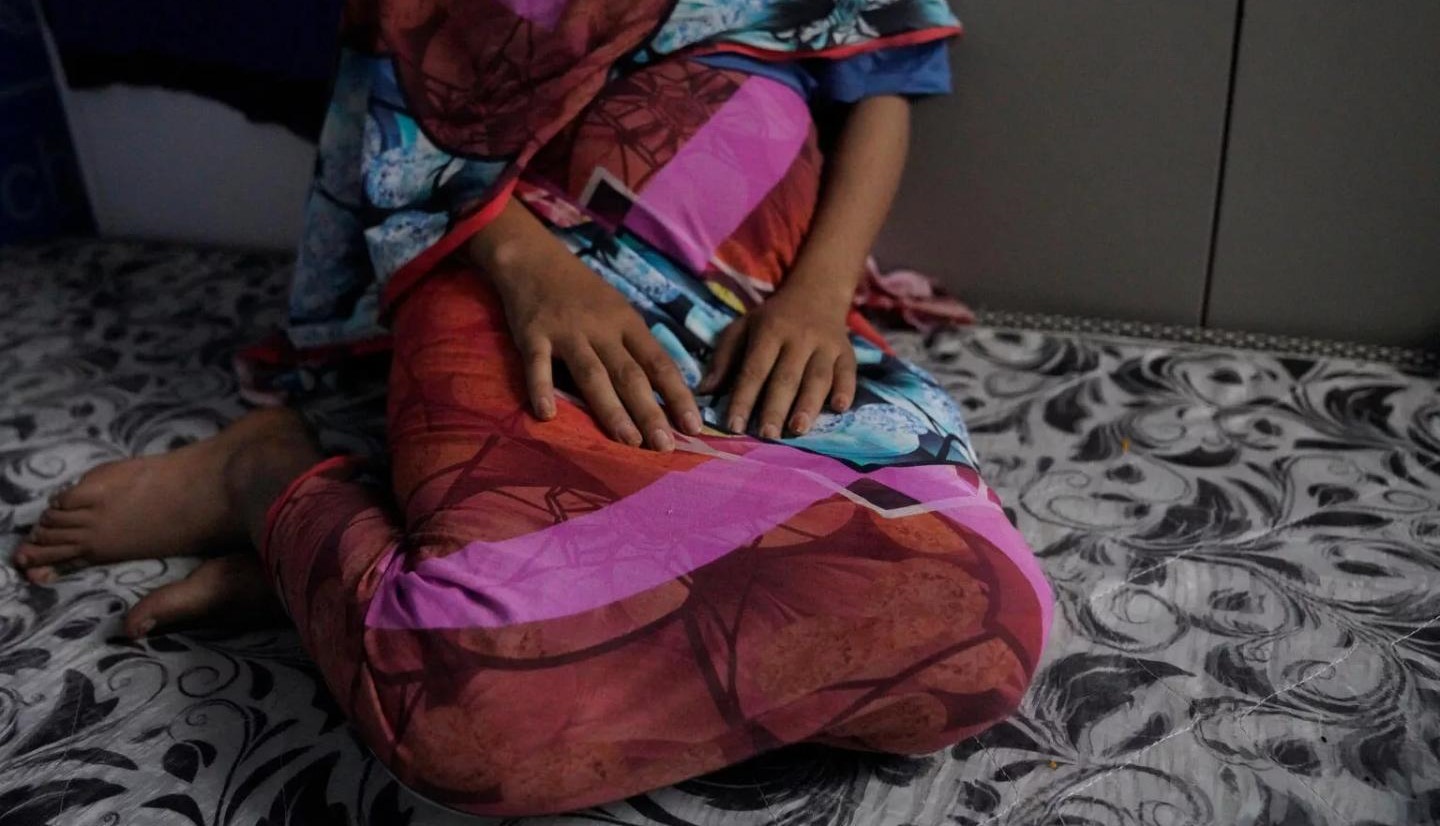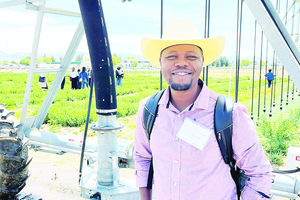Prime
How unsafe abortions cost Tanzania more than Sh10 billion annually

Between January and June 2023 alone, the Ministry of Health spent over Sh245 million on medical supplies used to treat complications from unsafe abortions. PHOTO | FILE
What you need to know:
- Tanzania is losing at least Sh10.4 billion annually in treating complications resulting from unsafe abortions
Dar es Salaam. Tanzania is losing at least Sh10.4 billion annually to treat complications resulting from unsafe abortions—a staggering cost that experts say could be avoided through legal reforms, expanded access to reproductive health services and open public education.
The toll is not only financial. From overcrowded emergency rooms to traumatised survivors, the consequences of unsafe abortion procedures ripple through every level of society.
Between January and June 2023 alone, the Ministry of Health, through the Medical Stores Department (MSD), spent over Sh245 million on medical supplies used to treat complications from unsafe abortions. These cases include severe haemorrhaging, uterine perforations, pelvic infections, blocked fallopian tubes and irreversible infertility.
Also read: The costs of post-abortion care for Tanzania
A 2018 study referenced by Dr Ali Said, an obstetrician-gynaecologist and lecturer at the Muhimbili University of Health and Allied Sciences (Muhas), paints an alarming picture: of the 2.9 million pregnancies recorded annually in Tanzania, 1.3 million are unintended and approximately 430,000 end in miscarriage or abortion. He adds that 19 percent of maternal deaths are directly linked to unsafe abortion practices.
“Women use unsterile tools—cassava sticks, bicycle spokes, wires, even spoons,” Dr Said explains. “These cause life-threatening injuries. Some women lose their uterus or even parts of their intestines. Others die.”
He also highlights the misuse of misoprostol, a drug intended for abortion and labour induction, which is frequently used incorrectly due to lack of guidance, leading to incomplete abortions and excessive bleeding.
Medical professionals and advocacy groups warn that without urgent investment in prevention and legal clarity, the country will continue to bleed—literally and economically.
“We must invest in prevention, not just treatment,” urges a public health policy analyst, Dr Sophia Mwitula.
She believes the billions lost each year could be redirected to modern contraceptives, post-rape care centres and comprehensive sex education programs that would save lives and protect young girls before harm occurs.
A reproductive justice lawyer based in Arusha, Ms Martha Serengi, argues for reform of Tanzania’s restrictive abortion laws.
“We’re not advocating for abortion on demand. But we need clear exceptions for rape, incest, or when a woman’s physical or mental health is at risk. Vague laws force doctors to hesitate—even when a woman’s life hangs in the balance,” she clarifies.
From an economic standpoint, a health economist, Mr Adam Rumbya, emphasises that preventive care is far more cost-effective.
“For every Sh1 spent on safe abortion services and family planning, the country could save up to Sh5 in treating infections, infertility and surgery-related complications,” he explains.
The social cost is just as severe. A sociologist from Saint Augustine University of Tanzania, Ms Linah Kabula, says the cultural silence surrounding sex and reproductive health is deadly.
“We don’t talk about sex in homes, schools, or churches—but we bury young girls every week because they were too scared to ask for help,” she laments.
Furthermore, she calls for dedicated reproductive health units at the district hospital level.
“Girls show up bleeding in silence. They’re afraid of being judged, arrested, or blamed. We must create safe spaces for them,” he says.
The stories from survivors are harrowing. Joyce Kilindi from Kimara recalls nearly dying in 2004 after a failed abortion at an unlicensed clinic in Magomeni. “The pregnancy wasn’t expelled. My uterus got infected. Since then, I’ve never conceived,” she says, her voice heavy with emotion.
In Mwanza, Easter John, now 26, became pregnant at 16 after being raped by her uncle. “Hospitals refused to help, so I used herbs. I bled heavily and was hospitalised. My uterus had decayed—it had to be removed to save my life.”
Amina Ismail from Mwanza also became pregnant after being raped by a bodaboda rider.
“I used traditional methods to abort but bled excessively. I had to be hospitalised,” she says.
Elizabeth Masanja, who became pregnant after being raped by a fellow student, recounts a similarly painful experience. “I thank those who helped me recover after using herbs. It was traumatising.”
Dr Said confirms that such unsafe and unclean tools cause infections, infertility and uterine damage. “Many women who survive go on to suffer long-term health consequences, including repeated miscarriages due to cervical injuries. Some can never conceive again.”
He adds, “Infertility stems from both partners—40 percent from women, 40 percent from men and 10 percent both—but many women become infertile after unsafe abortion procedures.”
Among the most disturbing trends is the rise in unsafe abortions among teenage girls. Doctors in the Lake Zone report that three out of five women admitted with abortion complications are under 20. At Buzuruga Health Centre in Mwanza alone, over 100 such cases were recorded between January and May 2023.
The Acting Medical Officer at the centre, Dr Mahube Richard, urges lawmakers to expand legal grounds for abortion, especially for survivors of incest and sexual assault.
“The current law only permits life-saving procedures, but we must broaden that scope to protect girls who have already suffered unimaginable trauma,” he says.
Dr Irene Temba from Nyankumbu Health Centre in Geita echoes this call. “We must allow safe abortions for victims of gender-based violence. This is about preserving both life and dignity.”
The Regional Director of Women’s Global Network for Reproductive Rights (WGNRR) Africa, Mr Nondo Ejano, sums it up: “Unsafe abortions account for 19 percent of maternal deaths in Tanzania. That Sh10.4 billion we’re spending annually on treating complications could be used for maternal health, child health, or cancer screening. We must act now.”





